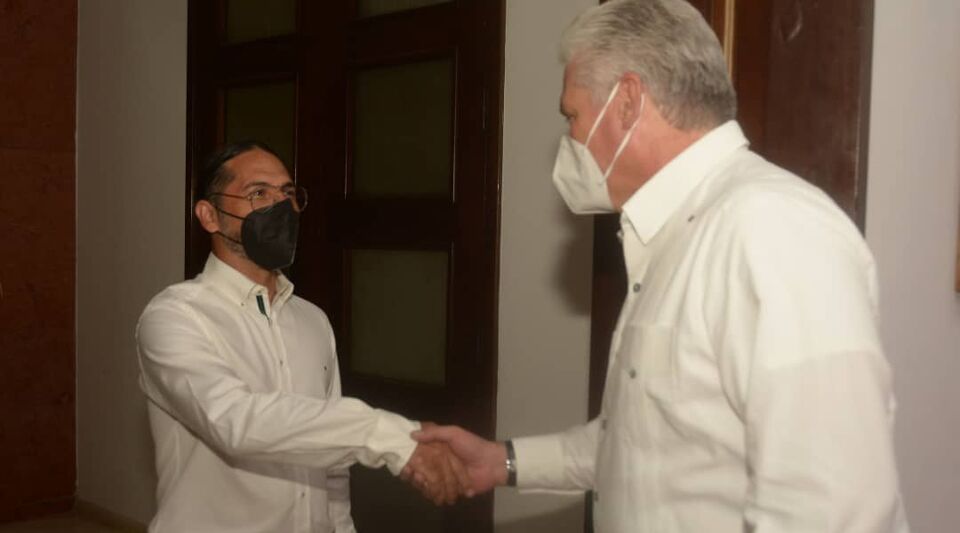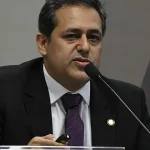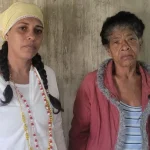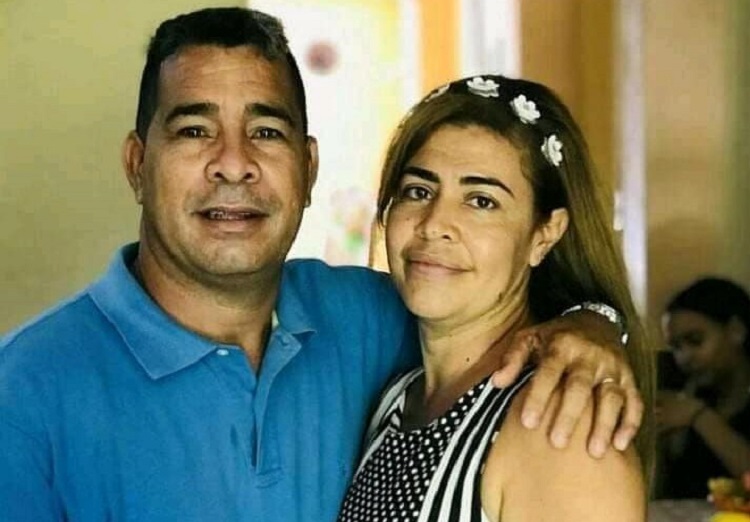Venezuela has reduced its oil exports in April, but doubled them for Cuba. According to data published by the Reuters agency, the South American country sent 70,000 barrels per day (bpd) to the Island of crude oil, diesel, gas oil, petroleum coke and fuel oil.
The data reflects a strong rise compared to the average for the first quarter, when Cuba imported 22,000 barrels per day of crude oil and fuel. At that time, the British agency stressed that Havana was waging a “battle” to cover the deficit.
The figures contrast with the complicated month that Venezuela has faced in relation to its main raw material. Exports as a whole fell by 8% and problems with the quality of crude oil and its ability to improve it are increasing. The main recipient continues to be another important political ally of Caracas, China, which accounts for 70% of shipments, whether direct or through Malaysia. The total foreign sales of PDVSA, the state oil company, were 644,870 bpd of crude and other refined products.
The main recipient continues to be another important political ally of Caracas, China, which accounts for 70% of shipments, whether direct or through Malaysia.
According to information from Reuters, Venezuela is working on an improved product, Petromonagas, with which it is trying to take flight, since it has more than 4 million barrels of diluted crude stored due to lack of sales, while Merey, the most successful in Asia saves 1.3 million.
Venezuela also continues to rely on Iran for its shipments and the supply of diluents, refining equipment and food, among other things.
In April, and after seven months without sending any diesel, PDVSA managed the shipment of 190,000 barrels to Cuba, in addition to another 200,000 barrels of fuel oil. The cargo went to the Matanzas storage terminal and confirmed that, despite Venezuela’s difficulties to produce and the weight of the US sanctions on its oil industry, the supply to the Island does not stop.
PDVSA supplied Cuba with some 60,000 bpd since 2019, a figure that fell to 44,000 bpd in 2020 and just 21,000 bpd in 2021. The amounts are negligible for the needs of Cuba, mired in a strong energy crisis and with the summer, which requires more demand, above. Gone are the years of the beginning of the agreements between Hugo Chávez and Fidel Castro, who in 1999 agreed to exchange oil for doctors and other professionals, including technicians and engineers and the military, when shipments amounted to some 100,000 bpd.
This Thursday, Nicolás Maduro met with Cuban Foreign Minister Bruno Rodríguez, who visited Caracas to review cooperation between both parties.
“With this pleasant meeting, the solid diplomatic relations forged by commanders Fidel Castro and Hugo Chávez are ratified and that, at present, President Nicolás Maduro maintains with his counterpart, Miguel Díaz-Canel,” said the Venezuelan state network.
Also present at the meeting were the Executive Vice President, Delcy Rodríguez, and the First Lady, Cilia Flores, while Rodríguez attended in the company of the Cuban Ambassador to Venezuela, Dagoberto Rodríguez.
There was talk, among other issues, of “going beyond the framework of the very relationship of our revolutions, to seek an articulation of the left in a scenario such as that of social networks”
At the same time, the Venezuelan Minister of Communication, Freddy Ñáñez, had traveled to Cuba the day before, and was received in Cuba by Díaz-Canel and the foreign minister in a visit in which “ties of brotherhood, solidarity and cooperation” were reaffirmed between both nations, Rodríguez wrote on his Twitter account.
In that meeting, covered by the state press, there was talk, among other issues, of “going beyond the framework of the very relationship of our revolutions, to seek an articulation of the left in a scenario such as that of social networks.” The cryptic phrase, according to Granma, referred to the “need to fight, from the positions of socialism, the current communication battle”, a poor explanation whose implications made many tremble.
“In this way, he commented on several processes that are carried out in our country to advance in the improvement of social communication and the articulation of work in social networks. We are willing to work side by side on all these issues,” he added. the text. “Smells like censorship”, was the conclusion that was installed, waiting for more concreteness, among the independent press.
________________________
Collaborate with our work:
The team of 14ymedio is committed to doing serious journalism that reflects the reality of deep Cuba. Thank you for joining us on this long road. We invite you to continue supporting us, but this time becoming a member of our journal. Together we can continue transforming journalism in Cuba.

















